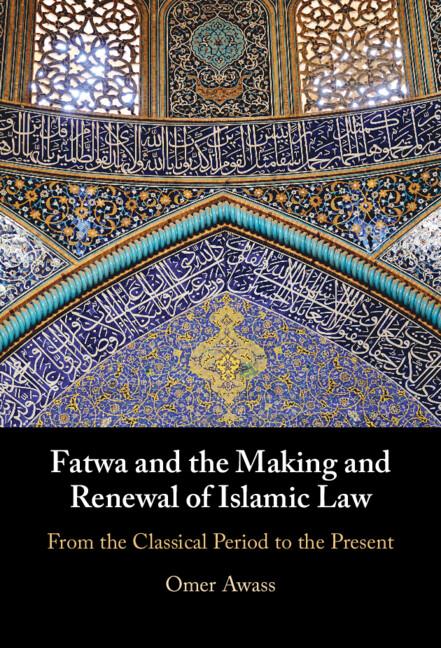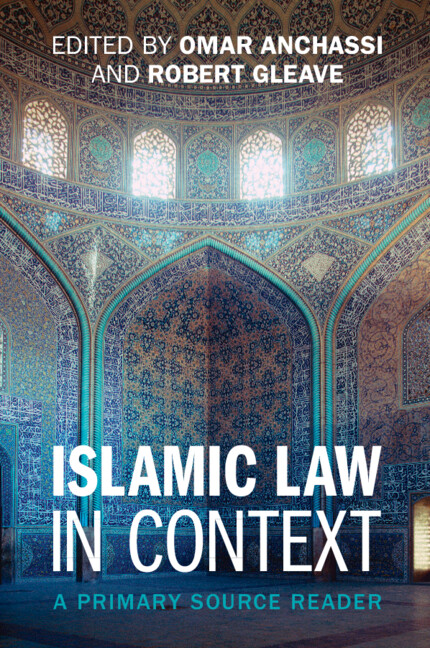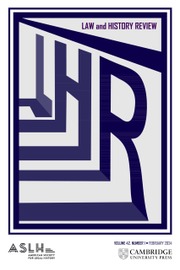Fatwa and the Making and Renewal of Islamic Law
In this book, Omer Awass examines the formation, history, and transformation of the Islamic legal discourse and institutions through the lens of a particular legal practice: the issuance of fatwas (legal opinions). Tracing the growth of Islamic law over a vast geographical expanse -from Andalusia to India - and a long temporal span - from the 7th to the 21st century, he conceptualizes fatwas as the 'atomic units' of Islamic law. Awass argues that they have been a crucial element in the establishment of an Islamic legal tradition. He also provides numerous case studies that touch on economic, social, political, and religious topics. Written in an accessible style, this volume is the first to offer a comprehensive investigation of fatwas within such a broad spatio-temporal scope. It demonstrates how instrumental fatwas have been to the formation of Islamic legal traditions and institutions, as well as their unique forms of reasoning.
- Covers the entire history of fatwas from its earliest period until today
- Contains many diagrams and charts that summarize legal discussions and breakdown difficult legal concepts
- Provides a plethora of legal cases studies on economic, social, political, and religious topics
Reviews & endorsements
'… an exceptional example of longue durée law-and-society scholarship. … Essential.' R. A. Miller, Choice
Product details
April 2023Hardback
9781009260909
312 pages
235 × 158 × 24 mm
0.61kg
Available
Table of Contents
- Introduction
- 1. Fatwa in the prophetic and post-prophetic period
- 2. Fatwa in the classical age
- 3. Fatwa and the formation of Islamic legal doctrines and institutions
- 4. The formation of an Islamic legal tradition and the formalization of Iftā within the legal schools
- 5. Fatwa in the age of the preponderance of legal schools
- 6. Colonialism, Islamic law, and the postcolonial Fatwa
- Conclusion.




